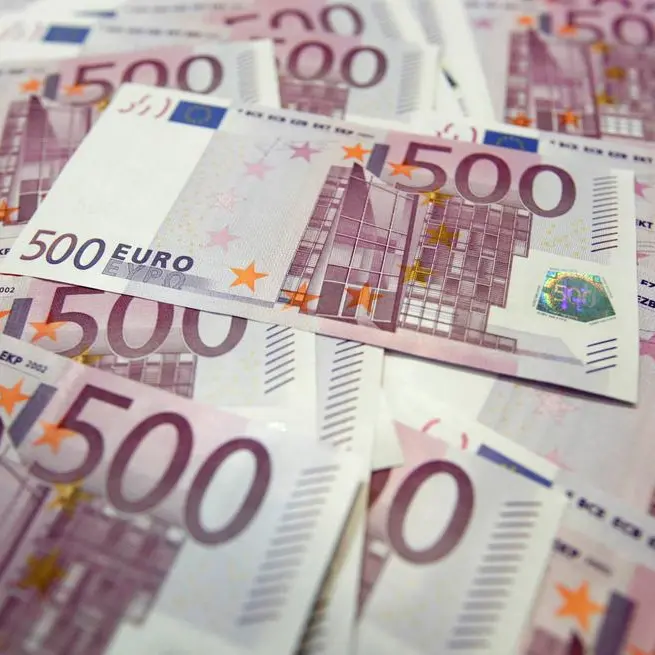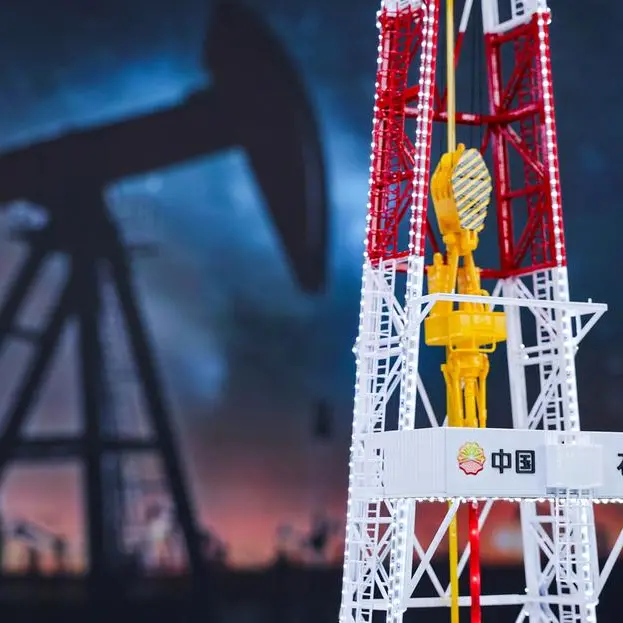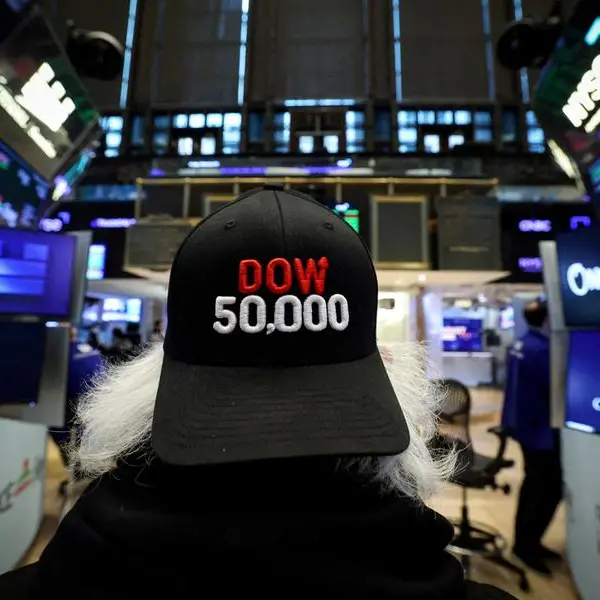PHOTO
SHANGHAI/HONG KONG - Some of the biggest global drugmakers, undeterred by mounting Sino-U.S. tensions, are scouring for deals in China to replenish drug pipelines and boost their presence in the world's second-biggest pharmaceutical market, industry executives and investment bankers said.
Several major deals have already been completed this year, including AstraZeneca's $1.2 billion purchase of China-based cell therapy developer Gracell Biotechnologies and Novartis' acquisition of remaining shares of kidney disease therapy developer SanReno Therapeutics for an undisclosed amount.
Bristol Myers Squibb and Sanofi are also hunting for deals, according to company employees, even as some rivals have looked to exit China in the wake of COVID-related supply chain disruptions, a local economic slowdown and price cuts to get state insurance listing.
The foreign interest in Chinese drugmakers is a blessing for struggling local firms and weary investors eager to cash out on their investments as regulators tighten initial public offering rules, putting pressure on businesses that have faced difficulty in raising cash to support their research work.
Manas Chawla, chief executive of global political risk advisory firm London Politica, which has worked with multinational pharmaceutical clients, said acquisitions would help them bring down costs, tap into innovative companies and get exposure to China's large consumer market.
But it is not without risk, he said. "Hawkishness on China is a form of rare bipartisan consensus (in the U.S.)."
The majority of buyers of Chinese healthcare companies have been domestic in the past two decades, LSEG data showed.
Announced acquisitions of Chinese healthcare companies totalled $6.8 billion as of July 16 this year, the lowest in a decade for the same period, the data showed.
Among them, foreign acquisitions accounted for $720 million in value, down 52% year-on-year, the data showed.
ACQUISITION MODE
Bristol Myers Squibb, which faces challenges from patent expiries, is looking for "bolt-on opportunities", said Liang Wu, a business development head at the U.S. drugmaker, at a meeting of the Chinese Biopharmaceutical Association - USA in Suzhou in late June.
She said one of its interests in China is antibody-drug conjugate, a cancer drug combining targeted therapy and chemotherapy. It currently has an agreement to develop and commercialise one of Chinese drugmaker Sichuan Biokin Pharmaceutical's antibody-drug conjugates outside the country.
Wei Wei, a new product planning manager at Sanofi, told Reuters that buying biotechnology companies in China was a goal for the French drugmaker and had been discussed in meetings. He declined to provide more details.
A Sanofi spokesperson said the company was open-minded about acquisitions and could be strategic or seize opportunities when they presented themselves, regardless of the country.
AstraZeneca, Bristol Myers Squibb and Novartis did not respond to requests for comment.
"Multinational companies are keen to look at potential acquisition targets in biotech, innovative drugs and the top-ranked companies in other sectors," said Sophia Wu, a managing director and head of China healthcare at investment bank BDA Partners.
Women's health, aesthetics, neurology, and auto-immunity were also promising growth areas that could attract investor interest, she added.
CHINA RISKS
South Africa's Aspen Pharmacare, which in December announced it agreed to buy Swiss group Sandoz's China unit, is expanding in other markets to balance China risk while continuing to scout for Chinese assets, said Larry Merizalde, the firm's China CEO.
China accounted for about 10% of Aspen's global revenue, Merizalde said before the Sandoz deal was announced, but it is only one of the dozens of countries where Africa's biggest pharmaceutical company operates.
"I think there are risks" in China, Merizalde said. "I think that if there is any major conflict or there is any major economic downturn, we will be impacted, because any of those issues will impact the overall pharmaceutical market, so we manage those risks as a company."
One healthcare company asked political risk advisory firm Eurasia Group to evaluate the effect of continuing as a U.S. company manufacturing in Beijing versus entering a joint venture or acquiring local firms to "navigate market access issues", said Jasmine Choi, a healthcare and medical devices analyst at Eurasia. She did not name the company when asked.
To complete an acquisition in China, multinational companies have to go through a sometimes lengthy regulatory process involving antitrust and scrutiny over equity and the transfer of intellectual property, lawyers and analysts said.
More recently, pharmaceutical companies and investors have inquired about the potential extension of China's data transfer restrictions to investments given the broader push by U.S. to reduce supply chain dependence on China over economic competition and security concerns, Choi said.
The uncertainty and perceived risk regarding increasing regulation on whether genetic and health data can be collected and stored in both China and U.S. has risen significantly over the past year, particularly in the last couple of months, she added.
(Reporting by Andrew Silver in Shanghai and Kane Wu in Hong Kong; Editing by Jamie Freed)





















